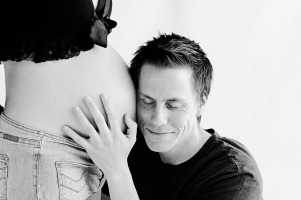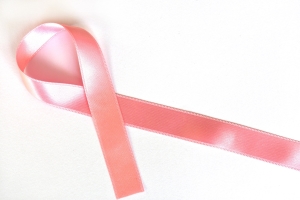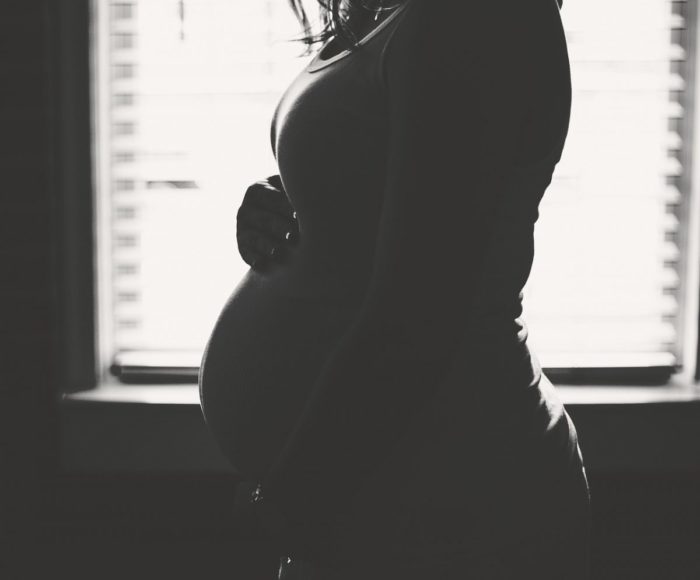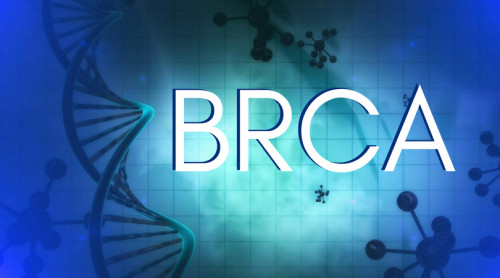By Heather Cook, MD
Many of you have heard of the BRCA gene. If a woman is positive for this gene that means she has a mutation in one of the breast cancer genes, BRCA1 or BRCA2. Therefore, she has a much higher risk of developing breast cancer or ovarian cancer compared with someone who doesn’t have the mutation. Carriers are estimated to have a lifetime risk of 65%- 80% for developing breast cancer and up to 20-45% for developing ovarian cancer. Less is known in regards to these patients and their fertility potential. However, multiple studies have suggested that BRCA carriers have diminished ovarian reserve and may respond less favorably during fertility treatment compared with controls. It has been theorized that the BRCA mutation may impact the ovarian reserve through accumulated DNA damage. Additionally, BRCA carriers undergoing In Vitro Fertilization stimulation tend to show lower ovarian response than controls. Other studies have demonstrated lower baseline of the antimullerian hormone (AMH) levels in BRCA carriers and earlier age of menopause.
A recent study evaluating cancer patients undergoing fertility preservation compared BRCA carriers to non-BRCA patients. This study demonstrated that BRCA carriers needed higher doses of medications during their ovarian stimulation, had lower number of eggs retrieved, and a higher rate of poor ovarian response. Additionally, patients undergoing ovarian tissue cryopreservation for fertility preservation were noted to have fewer eggs per tissue fragment if they were BRCA carriers.
Based on the available data, we feel it’s important to counsel our BRCA patients not only on their cancer risk, but also in regards to a likely decrease in ovarian reserve, decrease in overall fertility potential, and options for preimplantation genetic diagnosis (PGD), a procedure used to select unaffected offspring.
Related Posts

January 09, 2020
The Four Biggest Reasons Not to Delay Fertility Treatments

March 19, 2020
Why Your Fertility is Safe in Our Hands

April 23, 2019
National Infertility Awareness Week: Honoring Those Suffering With Infertility

October 18, 2020
October is Breast Cancer Awareness Month and An Opportunity to Discuss Fertility Preservation

July 24, 2018
Personhood Bill Defeated…..for the Moment



